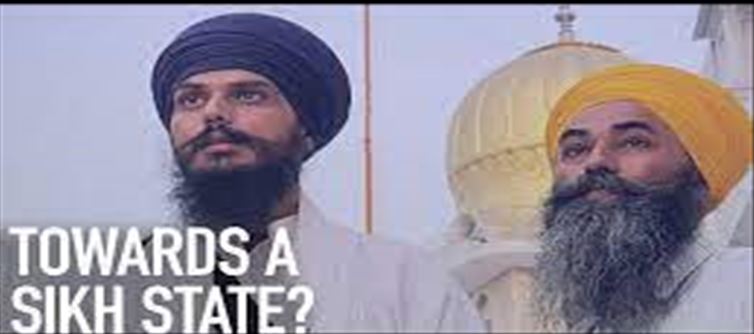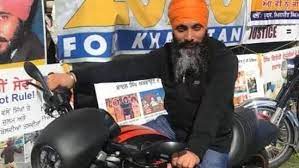
Why india concerned with movement for Separate Sikh State?

The murder of Canadian citizen and Sikh separatist Hardeep Singh Nijjar, who was shot dead in Surrey, british Columbia, in June, was claimed by Justin Trudeau, the country's prime minister, to have involved the indian government on Monday. Less than 2% of indians are Sikh, but they make up the majority in Punjab, a state in the country's northwest. The fight for a Sikh homeland, commonly known as the Khalistan movement, has occasionally turned violent over the past 50 years, and the indian government has responded in kind. However, a murder on foreign soil would mark a significant uptick in the anti-Sikh separatist campaign.
However, it also asserted that Canada's laissez-faire stance towards terrorism would "continue to threaten India's sovereignty and territorial integrity." The indian Ministry of External Affairs denied any involvement in the murder. The allegations made by Trudeau come as India's prime minister Narendra Modi makes an effort to portray his nation as a major player on the international stage. He claims that this time period is "the first time the world has come to know that india can take a stand for herself." The allegations also line up with the Biden Administration's general willingness to overlook India's deteriorating human rights record throughout Modi's close to ten-year premiership, in part because the US values India's function as a counterweight to China.




 click and follow Indiaherald WhatsApp channel
click and follow Indiaherald WhatsApp channel